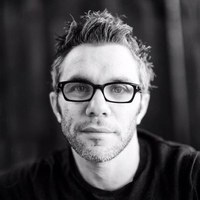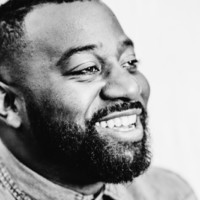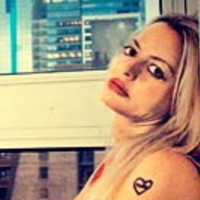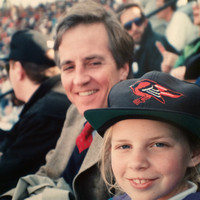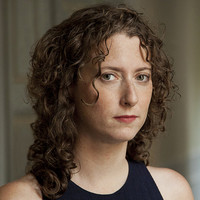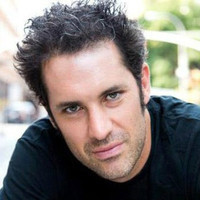
Best Article Science Tech World
Cisco's Big Bet on New Songdo: Creating Cities From Scratch
On the development of South Korea’s New Songdo and Cisco’s plans to build smart cities which will “offer cities as a service, bundling urban necessities – water, power, traffic, telephony – into a single, Internet-enabled utility, taking a little extra off the top of every resident’s bill.” The demand for such cities is enormous:
China doesn't need cool, green, smart cities. It needs cities, period -- 500 New Songdos at the very least. One hundred of those will each house a million or more transplanted peasants. In fact, while humanity has been building cities for 9,000 years, that was apparently just a warm-up for the next 40. As of now, we're officially an urban species. More than half of us -- 3.3 billion people -- live in a city. Our numbers are projected to nearly double by 2050, adding roughly a New Songdo a day; the United Nations predicts the vast majority will flood smaller cities in Africa and Asia.
